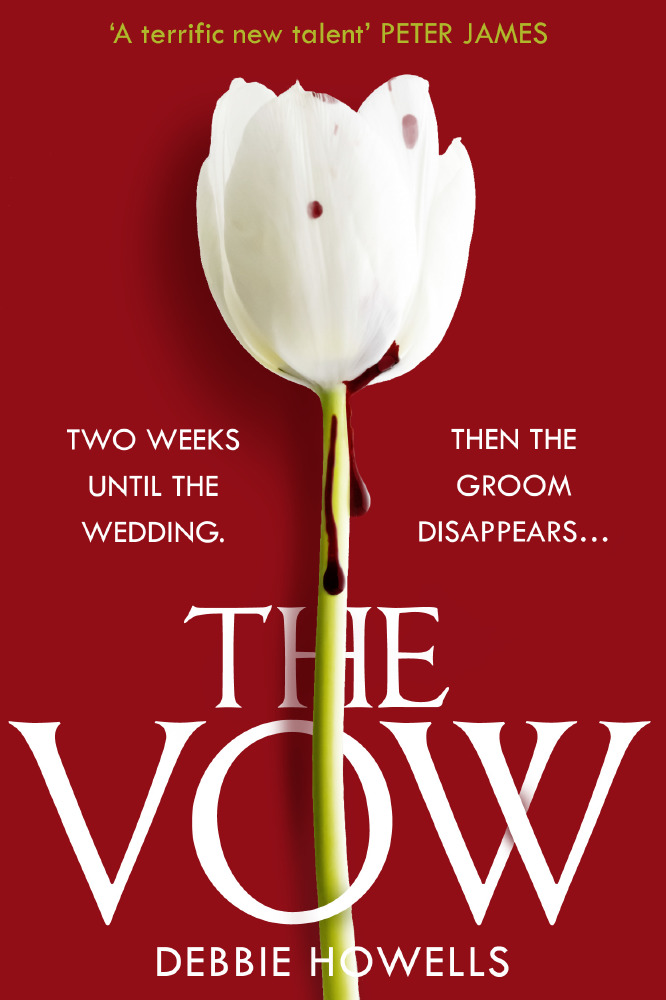We’ve probably all known those moments – the ones that leave you questioning yourself because you’ve misunderstood something or forgotten what someone said. You assume they’re right, that it was your mistake. A brief misunderstanding, before you move on and never think about it again.

The Vow
But what if it wasn’t that simple? What if that other person is playing with your mind? Slowly undermining you and making you question yourself, leaving you questioning your sanity, believing the lies they tell you, that it has to be your mistake. After all, you can’t imagine why that person you love would be lying to you.
This is the essence of gaslighting, defined in the dictionary as ‘manipulation of someone by psychological means’, one of the threads I explore in The Vow. It starts with the smallest of lies that become ever escalating – about you and other people, chipping away at your reality, leaving you confused and second-guessing yourself, until your self-esteem is completely eroded and you can no longer make decisions. Every now and then, throwing in an unexpected compliment, keeping you off kilter, which is the whole point. Whether conscious or not, the aim is control, the pay-off your dependency.
The complexity of human nature is endlessly fascinating. So, too, are the reasons some of us form destructive relationships. When you take a victim of emotional abuse, which is what gaslighting is, you wonder how they don’t recognise what their abuser is doing to them.
But it’s part of the trap – and the explanations are many, from our genetic makeup, our childhood and parents’ relationship, our own life experience, trauma we carry with us, any of which can make us vulnerable. Added to that is the insidious nature with which the abuse starts. After love bombing, slowly changing, so that the victim isn’t sure what just happened, against a backdrop of the abuser’s charming and devious ways, the lengths to which they’ll go to ensure everyone around them is unaware. Meanwhile, the victim is convinced that in spite of what’s going on, they are loved.
At some point, victims may realise what’s happening and manage to leave, finding support from others who understand how it feels; that they are not mad, that they should not feel ashamed – they have survived and with help, can find a way to change their life.
But it makes me think. If someone’s behaviour is close to the line, at what point does normal become abuse? How do you know when protectiveness and concern become controlling? As a writer, I try to portray how this happens in a way that is believable to the reader. It matters to write about topics that people will relate to. When my first book, The Bones of You, became a bestseller, I received a number of emails from women who recognised the pattern of emotional abuse I’d written about within the context of seemingly perfect family life. It’s one example of where abuse can hide, but there are many.
But, if that’s you, if you feel trapped somewhere you can’t find a way out of, there are helplines you can call. People to reach out to, who will understand, who have been there, too; who will hear you.
Debbie Howells’ new novel, The Vow, publishes in all formats on 15 October.
For more books content on Female First, click HERE


